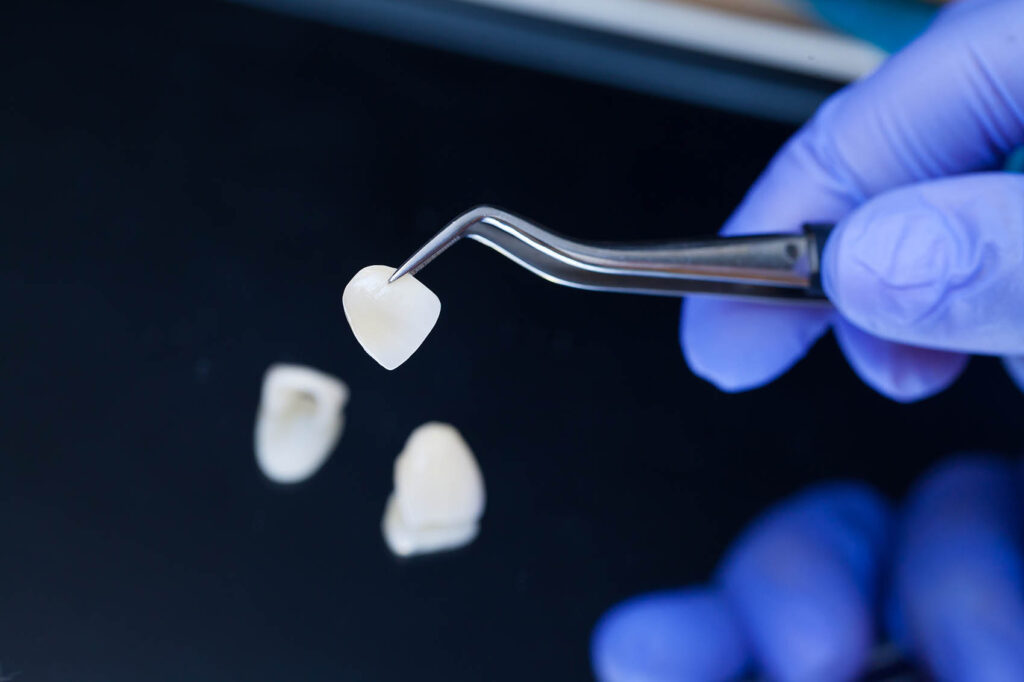When we think about dental health, we often focus on brushing, flossing and regular check-ups. However, the health of our teeth and jaw is deeply connected with our emotions, energy flow and overall well-being. Many people experience jaw tension, teeth grinding, or unexplained dental pain, yet traditional dentistry often addresses only the physical symptoms. This is where kinesiology and integrative dentistry come together. Kinesiology is a holistic healing practice that uses muscle testing to identify imbalances in the body’s energy systems. It offers a unique way to uncover and clear emotional blockages, subconscious stress and stored trauma that may be manifesting as dental issues. While kinesiology is no replacement for professional dental services, we’ll explore the role it can play when it comes to dental issues.
Understanding Kinesiology and Its Role in Healing
Kinesiology is a holistic healing practice that can work alongside professional dental services. It focuses on the relationship between the body’s energy, physical health and emotional well-being. It can uncover hidden stressors and energetic disruptions that may contribute to:
- Teeth grinding (bruxism)
- Jaw tension and temporomandibular joint (TMJ) issues
- Recurring tooth pain with no clear dental cause
- Gum disease linked to emotional distress
- Dental anxiety and fear of treatment
How Muscle Testing Works in Kinesiology
Muscle testing, or applied kinesiology (AK), is a non-invasive technique similar to one of Sir Isaac Newton’s Laws of Motion, which states, “for every action in nature, there is an equal and opposite reaction”. By gently applying pressure to a muscle and observing its response, a practitioner can determine:
- Whether emotional stressors or unresolved trauma are contributing to dental issues.
- If energetic blockages are affecting the jaw, teeth or nervous system.
- How external factors like diet, toxins, or environmental influences may be impacting oral health.
- Whether specific affirmations, acupressure points, or healing techniques can help.
Kinesiology acknowledges that physical symptoms often stem from emotional imbalances. Many people unconsciously store stress, trauma and unprocessed emotions in the jaw and mouth, which can lead to chronic tension, grinding, or pain.
For example:
- Teeth grinding (bruxism): May be linked to unresolved anger, suppressed emotions, or fear of self-expression.
- Jaw tension/TMJ disorder: Often associated with difficulty speaking one’s truth or holding onto stress.
- Gum disease or inflammation: Can be connected to emotional insecurity, fear, or difficulty in setting boundaries.
How Kinesiology Supports Dental Health & Healing
While Kinesiology doesn’t replace the need for professional dental services, it can help uncover and address the hidden causes of dental issues, particularly those linked to emotional trauma, subconscious stress and energy imbalances.
1. Identifying the Root Cause
Many chronic dental problems, such as teeth grinding, jaw tension, or recurring infections, can stem from deeper emotional and energetic imbalances. Kinesiology can help reveal:
- Unresolved emotional trauma stored in the jaw or teeth.
- Negative subconscious patterns affecting oral health.
- Nervous system dysregulation contributing to stress-induced clenching or grinding.
Using muscle testing, kinesiologists can pinpoint these stressors and guide the body toward release and balance.
For example, a patient with severe teeth grinding may discover that their jaw holds unprocessed anger or childhood fear. Once this emotional pattern is identified and cleared, the grinding naturally reduces.
2. Clearing Emotional Trauma
The jaw is one of the primary areas where people store stress, tension and repressed emotions. Tools used in kinesiology include:
- Gentle tapping or acupressure to release jaw tension.
- Guided breathwork to calm the nervous system.
- Muscle testing affirmations to shift emotional energy.
- Energy clearing techniques to dissolve subconscious stress.
For example, a patient with TMJ disorder may discover that their jaw tension is linked to a past trauma of not feeling heard or struggling to express emotions. Once this blockage is cleared, their jaw relaxes naturally.
3. Rebalancing the Nervous System
Chronic dental stress, anxiety and grinding are often symptoms of a dysregulated nervous system. When the body is stuck in fight-or-flight mode, it becomes difficult to relax the jaw and facial muscles.
Through kinesiology, the nervous system can be reset, allowing the body to:
- Shift from stress mode to relaxation mode.
- Reduce jaw tension, clenching and teeth grinding.
- Lower pain perception, making dental visits more comfortable.
For example, a patient with severe dental anxiety may experience immediate relaxation after a kinesiology session that regulates their nervous system and clears subconscious fears.
4. Strengthening the Mind-Body Connection for Lasting Results
One of the most powerful aspects of kinesiology is its ability to help patients become more aware of how their emotions, thoughts and habits influence their oral health.
- Encourages conscious relaxation of the jaw and mouth muscles.
- Helps patients become aware of subconscious patterns that lead to teeth grinding or tension.
- Provides practical techniques for maintaining energetic and emotional balance long-term.
Bridging Kinesiology and Dentistry for Whole-Body Wellness
By combining kinesiology with professional dental care, patients can heal the deeper causes of their oral health issues. Through a combination of muscle testing, energy clearing, emotional processing and nervous system regulation, kinesiology can help you reclaim control over your dental health in a way that is natural, holistic and deeply transformative.
At Dental & Skin Clinic, we believe in a patient-centred, whole-body approach to dental care. If you’re looking for professional dental care that also looks at the deeper connections between oral health and energy healing, we invite you to explore integrative dentistry with us.



